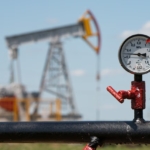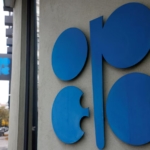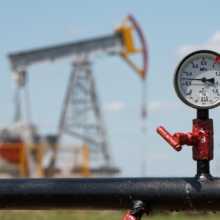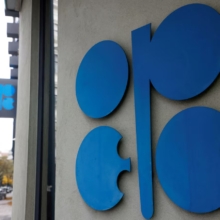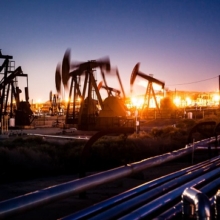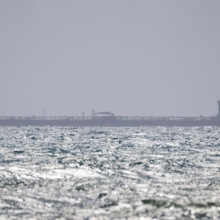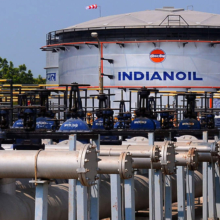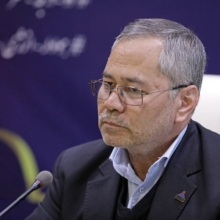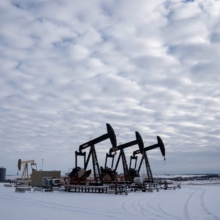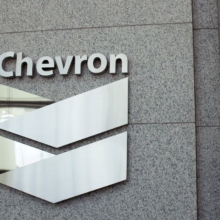Iraq to stop gas flaring by the end of 2028
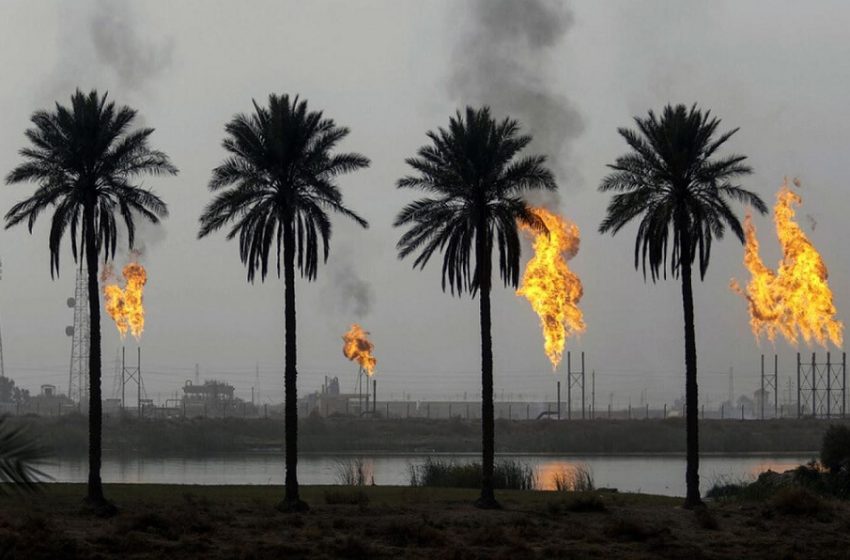
RoydadNaft – The Iraqi Minister of Oil, Hayan Abdul-Ghani, stated that gas flaring in Iraq will completely stop by the end of 2028.
Abdul-Ghani’s remarks took place during a meeting with US officials and representatives of oil firms in Houston, the United States, according to a statement cited by the Iraqi News Agency (INA).
As part of his visit to the US, Abdul-Ghani held separate meetings with officials from major oil firms, including Hunt Oil, Alexandros JV, ARC Energy, KBR, and British Petroleum (BP).
The Iraqi Oil Minister explained that Iraq will be one of the countries that contribute greatly to reducing gas emissions and utilizing this energy to generate electricity.
The percentage of associated gas utilized in Iraq was 51 percent in 2022 and rose to more than 65 percent in 2024, according to Abdul-Ghani.
The increased percentage of associated gas utilization in Iraq followed several projects carried out by local and international companies.
The World Bank released its Global Gas Flaring Tracker report in mid-June, naming Iraq, Russia, Iran, the United States, Venezuela, Algeria, Libya, Nigeria, and Mexico as the countries with the most gas flares in 2023.
The report explained that these nine countries account for 75 percent of gas flaring globally and only 46 percent of global oil output.
The analysis also revealed that Iraq’s flaring intensity has grown, with approximately 17 billion cubic meters of gas burned.
When crude oil is produced from oil wells, raw natural gas linked to the oil also rises to the surface. Large volumes of such related gas are frequently flared as waste or useless gas, particularly in parts of the world without pipelines or other gas transportation infrastructure.
The natural gas not combusted by a flare is released into the atmosphere as methane. Methane’s global warming potential is projected to be around 32 times greater than that of CO2 over a century.
Iraq is largely burning surplus gas from oil wells. The practice significantly contributes to greenhouse gas emissions in the atmosphere, resulting in serious environmental harm and climate change. It also endangers the lives of those who live near flaring locations.

